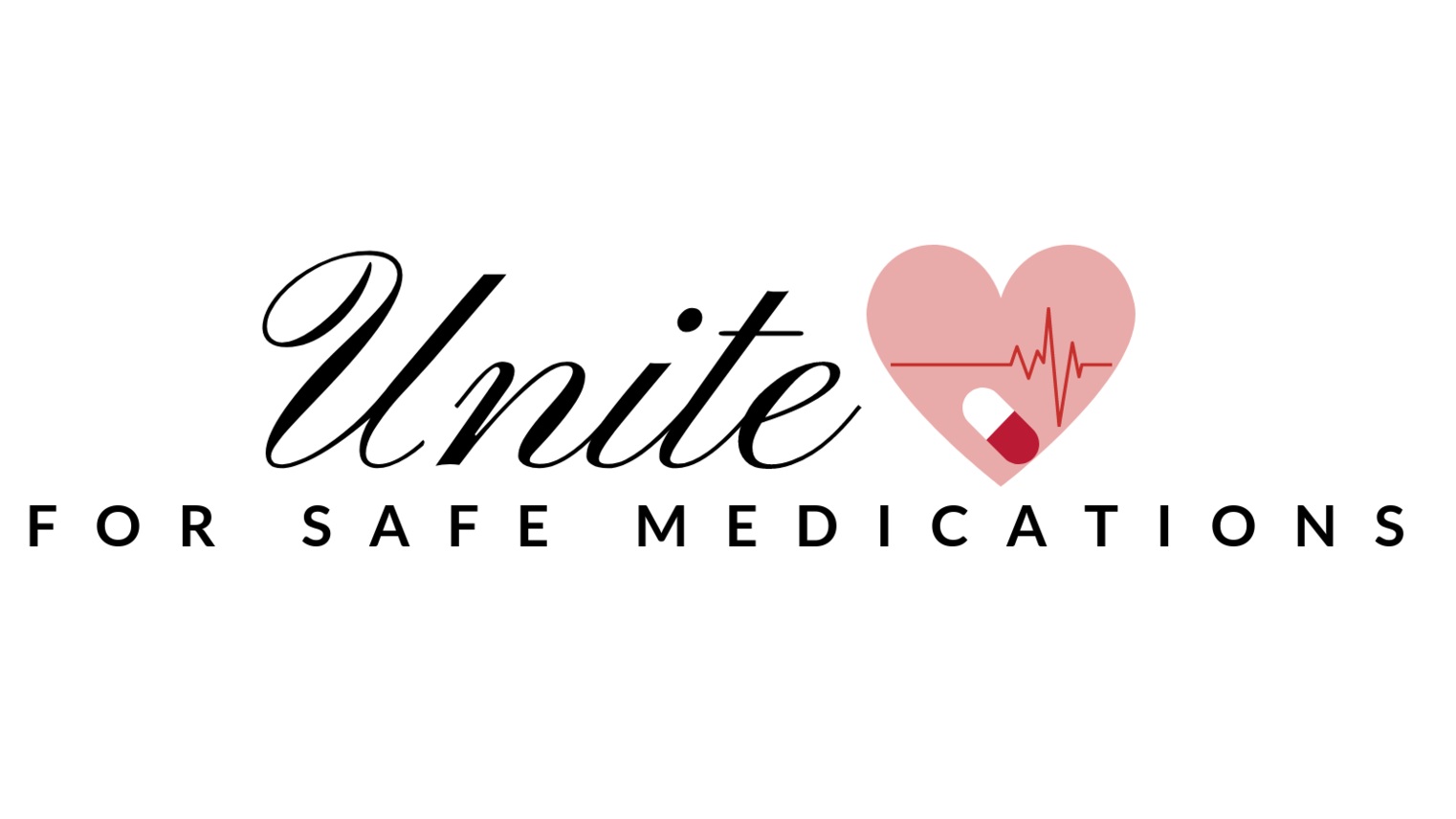When I first learned that the temperatures of mail order pharmacies are not regulated by the FDA and State Boards of pharmacy as many are forced to mail order, I was shocked. That was far from the worst part of the story.
How could such an issue be overlooked for so long? As reported in an NBC investigation, the FDA informed that they get calls like mine in the middle of every summer and winter. The FDA knew this was and is an issue. After hearing my son's manufacturer telling me to discard his life-saving room temperature medications that were just shipped in only a bag on a hot day, I wondered how many other patients and parents were not warned.
What happens when medications are stored improperly? We often think of unsafe temperatures reducing potency, but the issues are far beyond potency.
The warning that patients also don't receive is that medications can break down and become unsafe. For example, some medications contain acceptable limits of known carcinogens or cancer-causing chemicals called nitrosamines. When heated, these carcinogens can increase to unsafe levels.
One carcinogen that is commonly found in some medications, NDMA, is also used to induce cancer in mice. To the general public, it would be inhuman to give NDMA to humans to induce cancer in labs in search of a cure for certain types of cancer.
BUT, this same NDMA that dangerously increases when exposed to heat has been found in medications and has been the subject of room temperature medication recalls. “The Food and Drug Administration (“FDA”) has established, the daily intake limit for NDMA should be less than 96 ng, whereas the September 9 Citizen Petition noted NDMA in excess of 3,000,000 ng per tablet…”
What’s not being told to the public is that the nitrosamines found in medications can increase when exposed to high or low temperatures. Another company, Valisure, conducted a study that heated the medications to 130 °F. That’s far less than the temperatures of what medication can be exposed to during shipping as trucks and mailboxes can reach up to 150-170 °F. Ironically, the FDA didn’t seem to like the higher temperature used by Valisure and decided to do its own test on the medications at lower temperatures and still found that the medication was unstable. Keep in mind that the FDA is well aware that most of these room temperature medications is stored in only bags by mail order pharmacies.
Valisure is a company that also tests the safety and effectiveness and found many of the same issues across a variety of medications and products. In a podcast, Valisure’s CEO stated that the findings of NDMA are only the tip of the iceberg. There are thousands of other unsafe chemical reactions that can be formed when medications are exposed to extreme temperatures.
The lack of transparency on the risks, the lack of regulation, and the forcing of patients to mail order pharmacy has not only risked the lives of millions of Americans but has also slowed innovation in these areas. Drug stability testing is a somewhat new and emerging field.
The FDA and State Boards are aware of the effects of temperatures and medications as the Boards fine brick and mortar stores when their pharmacies are a few degrees off from room temperature. Similarly, the FDA does regulate the drug manufacturers and fines them when meds are stored unsafely.
What good is all the work that the FDA and Stare Boards do if it all falls apart in the last mile during transport to the patient?
I’ll be speaking at the National Association of Boards of Pharmacy District Meeting on August, 30 2022. Please help us put pressure on the NABP by reaching out to reporters about this issue.
Please speak to your legislators and warn others. If patients are warned and want to take the risks, that’s their choice. Although, the risks should be transparent, and no one should be forced to take the risk as they are forced to an insurance-owned mail order pharmacy.
